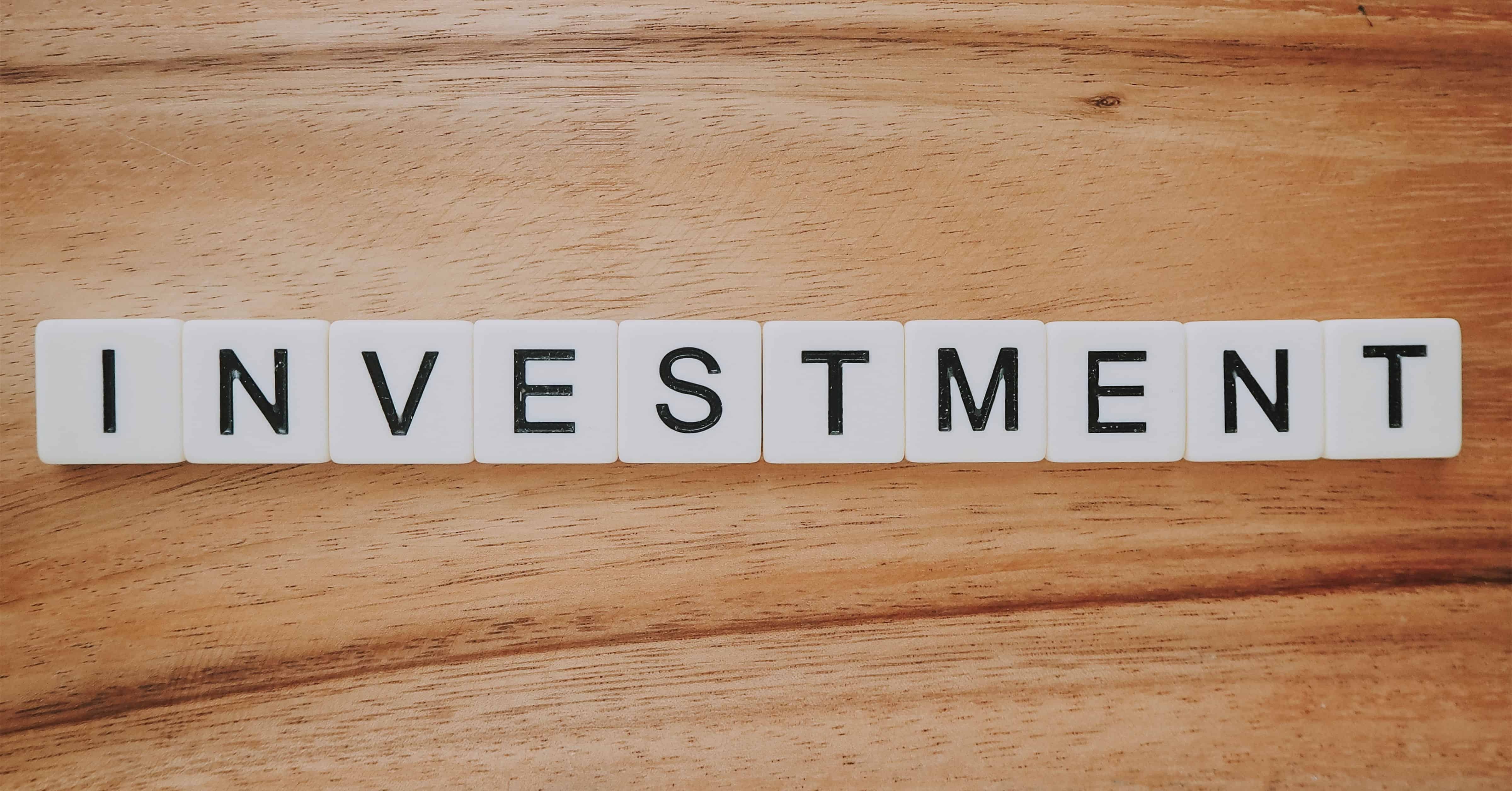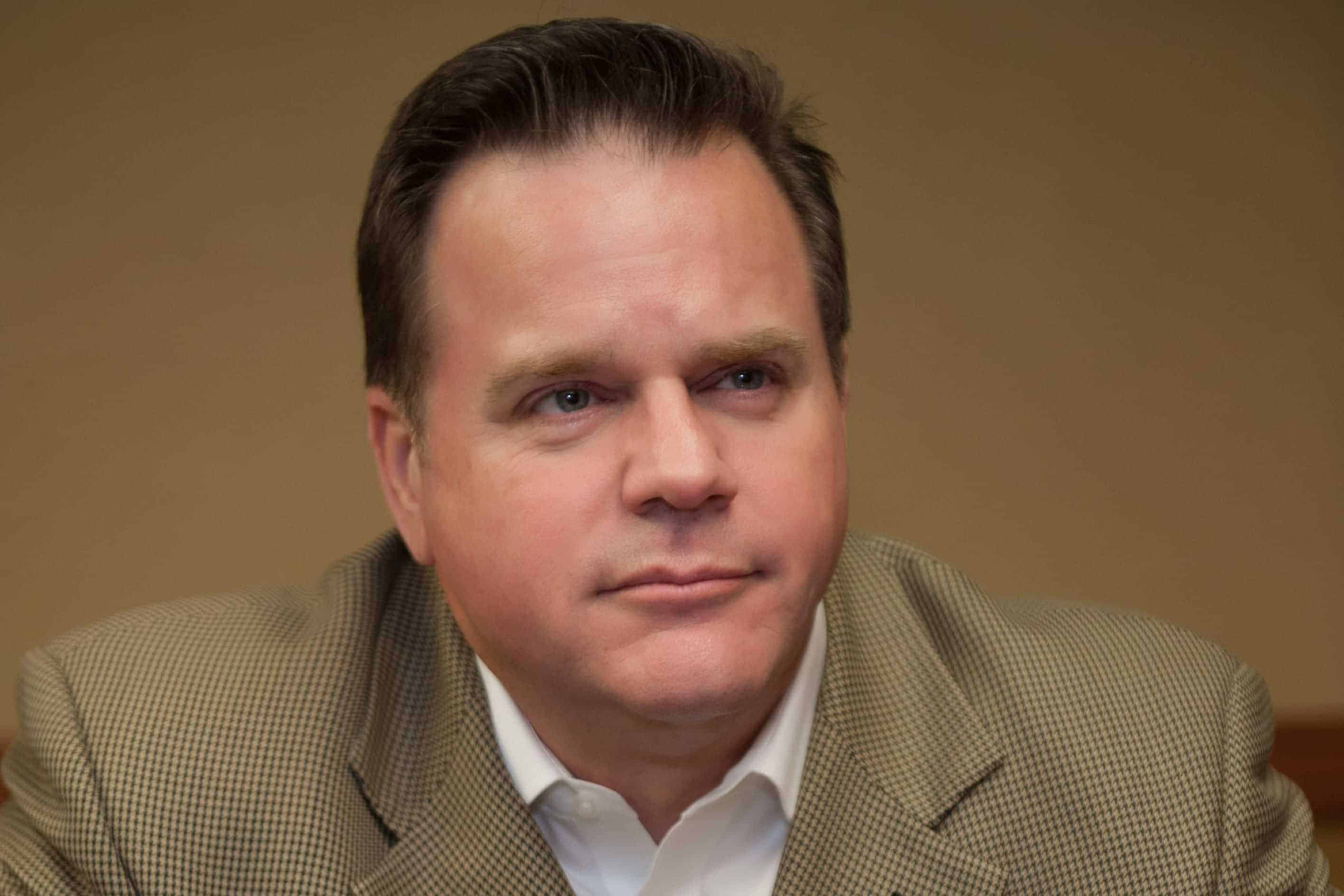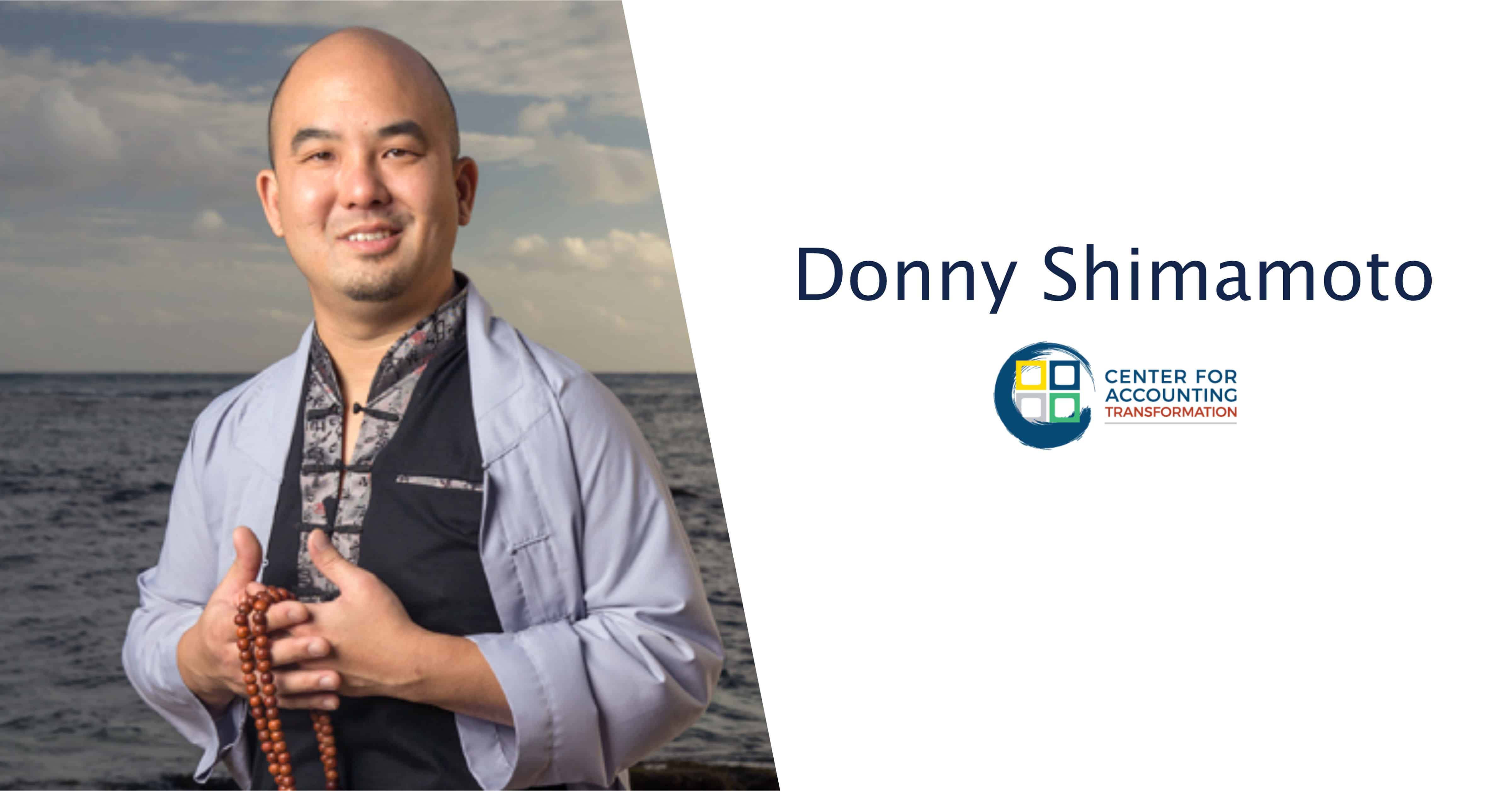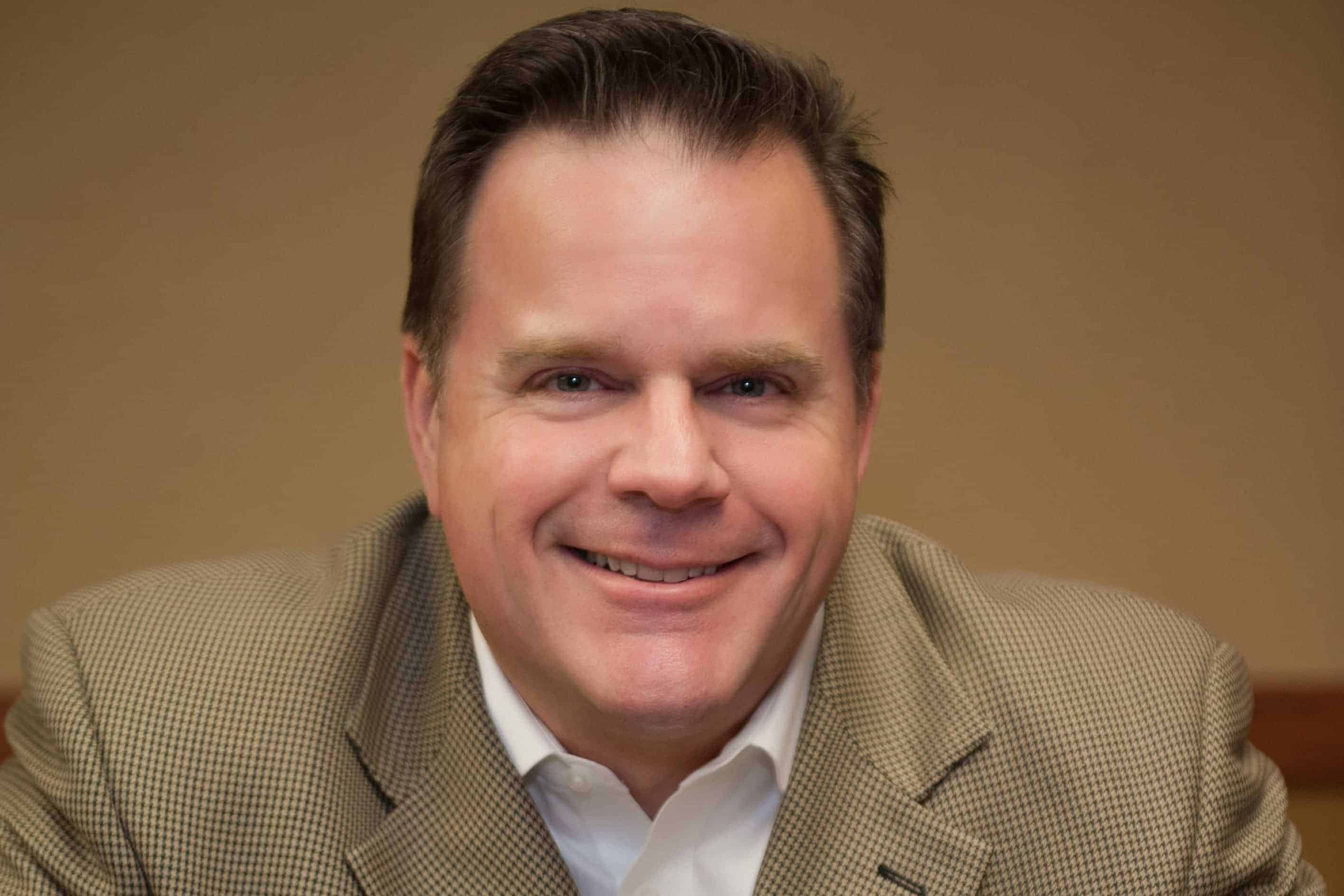The most negative action to reaching your goals in investing your retirement assets is emotion. Markets, by their very nature, expand and contract in every cycle. Why is it important to state the obvious? When humans invest, two emotions play a part. For example, when the market indexes are setting new records for growth, investors tend to become greedy. As soon as the expansion has cycled down and contraction in the economy is prevalent, fear becomes the emotion of the day.
To control your emotions while investing for your future, it is critical that you understand three factors about the process. First, if you are investing for your retirement, you must acknowledge the process is a long-term perspective. The assets you accumulate in life must sustain for at least thirty to forty years in retirement. With this mindset, you establish a personal investment policy that helps you capture market gains with a minimal amount of risk that you are willing to accept.
By focusing on the term of your income needs in retirement, you can weather the, somewhat volatile, market cycles without excess worry. Let’s face it, everybody worries about something, right? When you initiate your savings plan during your career, the accumulation phase consists of thirty to forty years as well. What this means is that the same approach to investing for your retirement will serve you well in retirement!
The second negative to reaching investment success is continually changing your investments based on returns. There have been many occasions in which an investor has irreparably harmed their success for retirement by simply trading their account excessively. For example, we developed a plan for accumulating a client’s retirement assets. Based on the age of the person, his risk tolerance and projected cash flow needs in retirement, he only had to follow through on the plan. However, he allowed emotion to overtake him when a colleague appeared in his office one day and remarked about the excessively high returns, he was experiencing in his employer’s retirement plan.
Our client decided the well-planned approach founded in logic was not meeting his needs because the markets would yield a much higher return. This is the emotion of greed taking control of the investment process. Within a year, the market cycle collapsed, and his portfolio had fallen by 50%. Imagine the next meeting we held with him and provided a comparison of his current allocation and results to that of the original allocation for his future. He was devastated and an emotional wreck!
The story does have a silver lining. We worked with him to formulate a plan that would place him back on track but required he work three years longer than he originally planned. Allowing your mind to host greed and fear has consequences. The probability of his lifetime plan for retirement being a success is very good.
Of the three negatives that can cause significant harm to your investment success is a concentration of investments. Diversification of risks within a portfolio helps you weather the market cycles by eliminating, or attempting to reduce, the impact of significant market volatility. In recent years, daily market swings have become the rule not the exception. Early in my career, I recall substantial swings in the S&P 500 Index would only be 10 or 15 points. In our current economic conditions, it is not uncommon to see fluctuations of 30 to 40 points in the index.
To allow yourself the highest probability of success in your investments, it is critical that you avoid emotions serving as guiding force, stick with your plan for saving and consistency will help you achieve your goals and diversify your portfolio to capture opportunities for reasonable returns in the long-term. A few small errors in investing can give rise to very large costs in your future savings. Seek the assistance of a CERTIFIED FINANCIAL PLANNER™ professional to help you establish a long-term plan that will give you confidence and clarity about your future. Until then, I’ll see you on the jogging trail!












